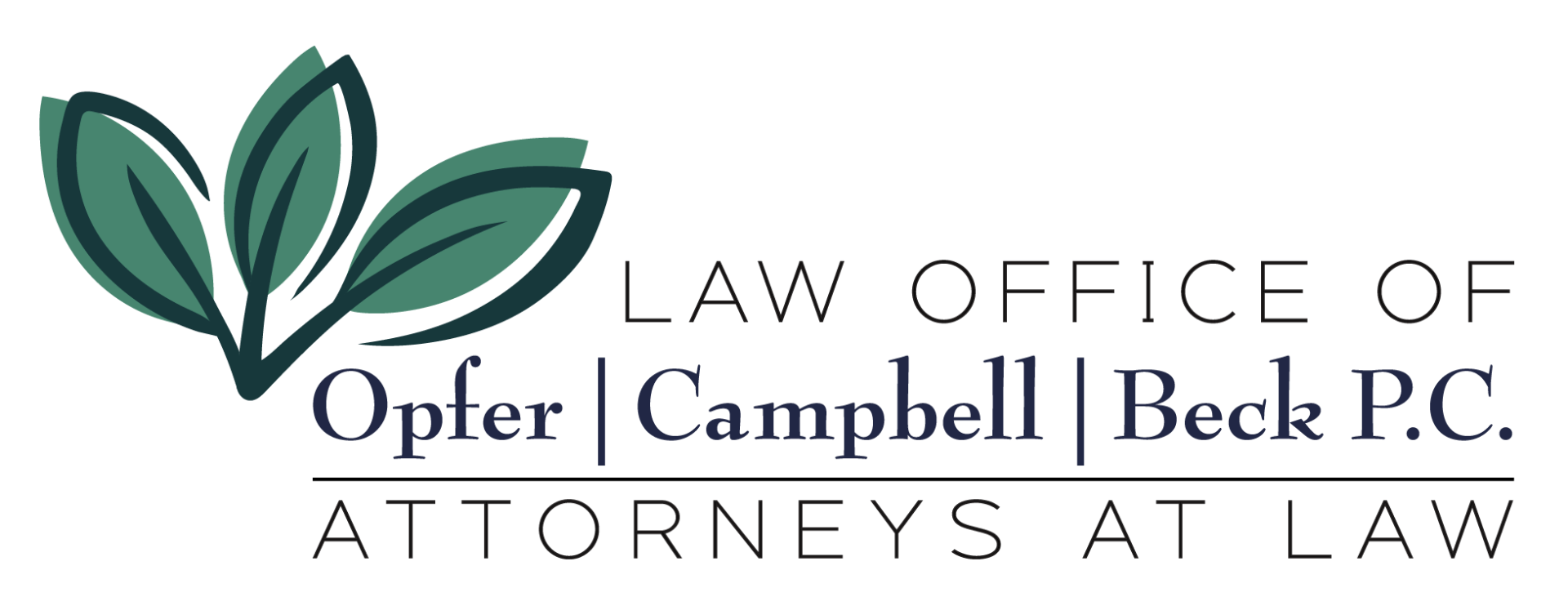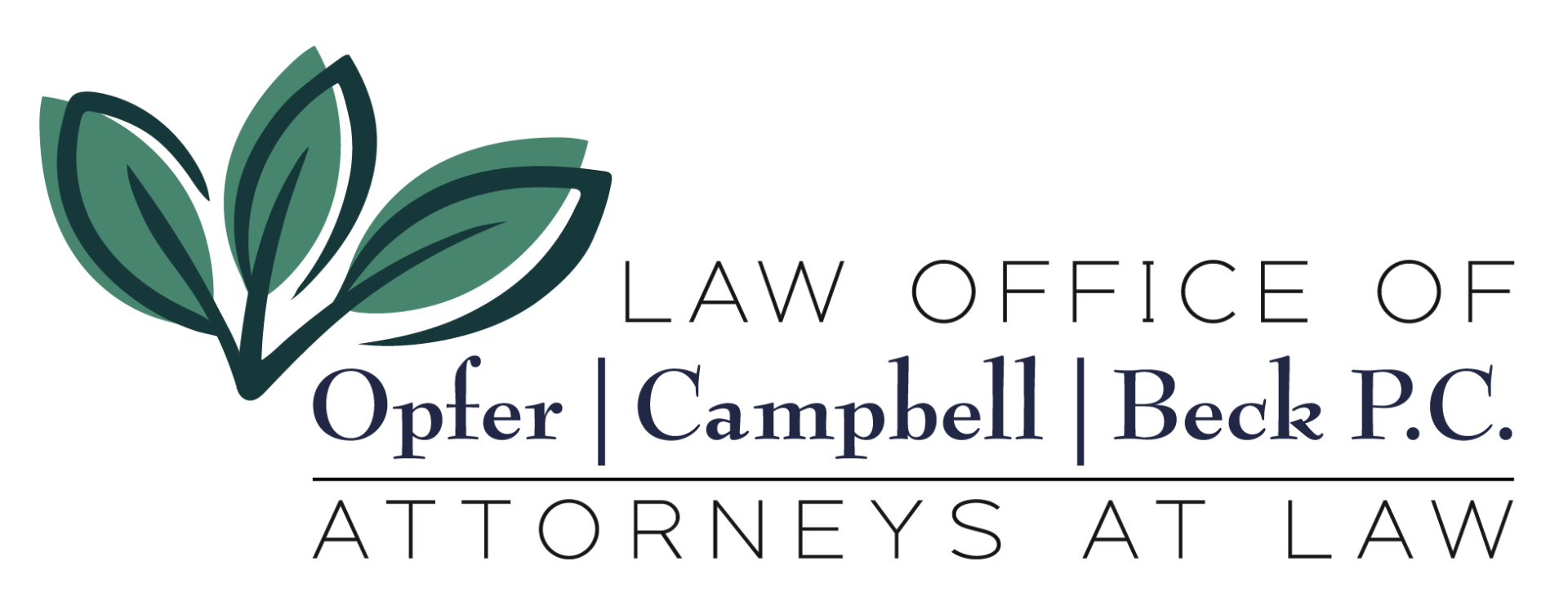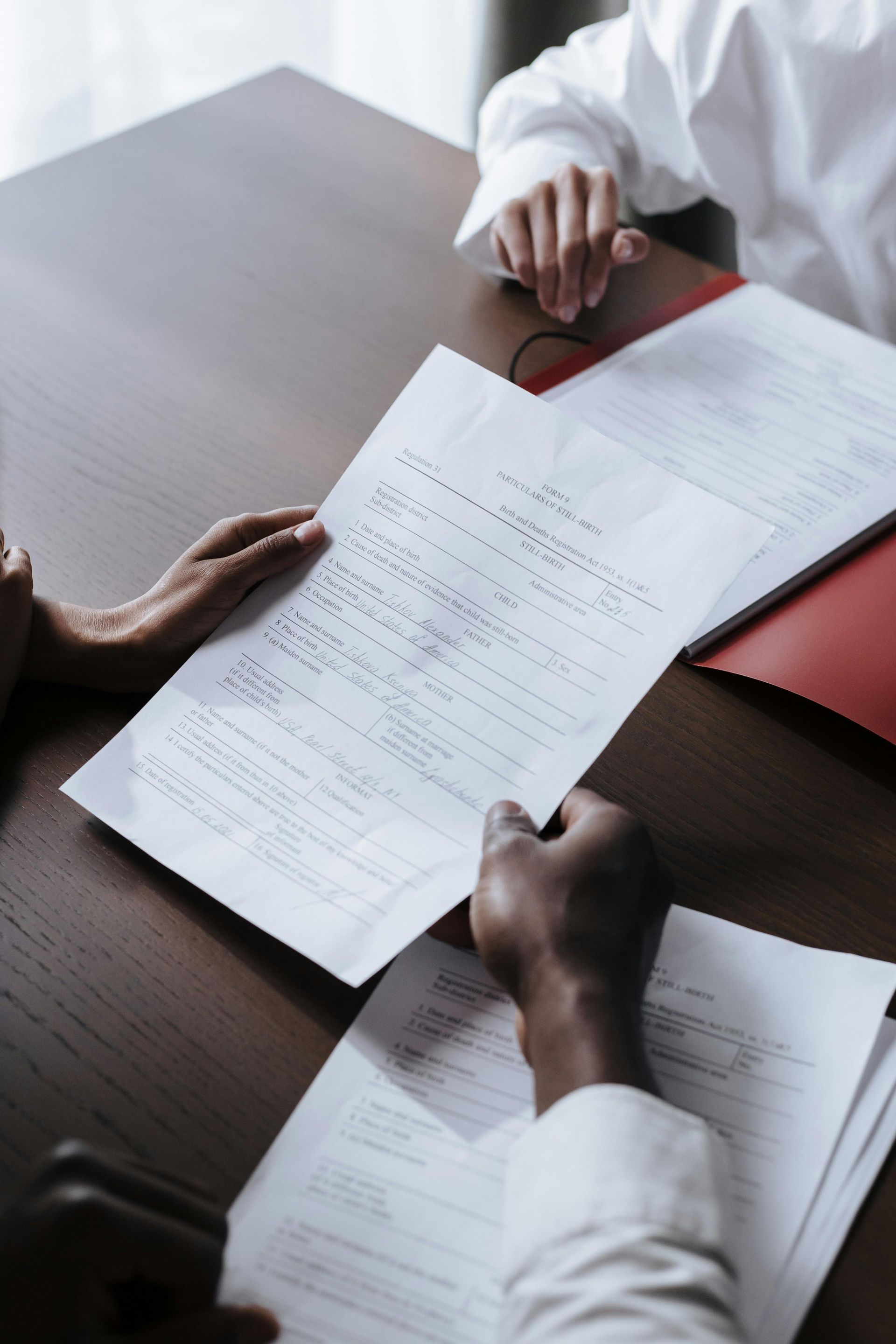Practice Areas
The Last Will & Testament
Estate Protections Series: Part 6

When most people look into “estate planning,” it is because they want to create a Last Will. Simply, they want a document that serves as their voice when they pass away. Although it is important, please recall from this series that Wills do not avoid probate. The function of this document is to make probate easier should it happen after your death. In a later installment of our series, we will address probate and how to avoid it. For now, let us explain the Last Will.
What is a will?
The Will document has existed for centuries, serving as an instruction manual to wrap up your affairs when you are gone. Any person over the age of 18 can create a Will (and they should!), and in it, most people provide for a few important issues:
Who will wrap up my affairs? Previously the "Executor" (now "Personal Representative"), you name this person to take care of any affairs after you die. Their main job is to handle your probate case, if you have to go into probate. Most people name a first choice, followed by backups or "successors."
Who will take care of my children? If you have any children under age 18, your Will allows you to nominate guardians. This is a person or couple who can take over their care until the child reaches 18. Without a Will and guardian nomination, anyone can petition to take your children. This often results in family disputes, or even the government taking your children until the issue resolves. Guardians can be anyone over age 18, and they do not need to be related to your child.
Who receives my money and property? A Will dictates where inheritance goes, including who does and does not receive from you. The Will also allows you to explain how you want certain assets managed or divided.
What are my final wishes? Including decisions like burial or cremation, the Will identifies your wishes for "last remains." This makes sure everything is very clear and can help prevent disputes among your loved ones. There are so many options for last remains today, so we recommend reading our blog here!
How do final expenses, taxes, and probate work? Your Will controls the actual processes for final administration of your affairs. These let you control the complexity of any probate proceedings, as well as ensuring what money pays for final expenses, taxes, etc.
Why should i have a Will if it doesn't avoid probate?
Even though you need to take steps to avoid probate, every person over age 18 should have a Will. The document acts as a safety net, making sure that your wishes are met even if you end up in a probate situation. For people with minor children, even if you avoid probate for yourself, the Will ensures that the right people step in to take your children.
Along with Medical Directives and a strong Power of Attorney, the Last Will & Testament is the last document of the basic estate plan. Everyone needs these documents! However, how you avoid probate and address specific financial or family issues may involve more complexity, including creating a trust (which we will cover in a later segment).
How can an estate attorney help?
You have several options for how to create documents and what you include for your specific situation. At Opfer | Campbell | Beck P.C., our attorneys always provide you with a no-cost consultation, a review of any existing estate plan documents, and plenty of resources so you understand the best plan of action for you. Contact our office today for more information and for scheduling!












